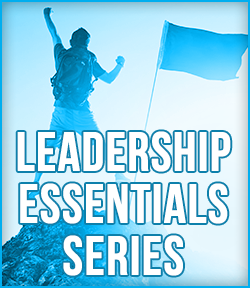There are known knowns; there are things we know that we know. There are known unknowns; that is to say there are things that, we now know we don’t know. But there are also unknown unknowns – there are things we do not know we don’t know.
– Donald Rumsfeld
Forget any political connotations to the statement above and think through the concept it conveys. It’s absolutely true.
To thrive in modern society, we must persistently remind ourselves that the third region exists. And we must work to shrink it, both by knowing more and by knowing what we don’t know.
We must learn how to learn, and we must learn to decide what to learn.
In the last month, I’ve realized that paths I thought were distinct have converged around this same idea. I’m realizing it’s the core concept I want to instill in my daughters before they branch out on their own. I’ve noticed it’s the key difference between friends and colleagues that are thriving and those that are struggling. And I’ve discovered it’s the main battle I face in my own personal and professional development.
Almost exactly a year ago, I reflected on the “Occupy” movement coming to my city. I’d recently read Michael Ellsberg’s The Education of Millionaires, and I think his core message is even more applicable now than it was then.
“You have been fed a lie. The lie is that if you study hard in school, get good grades, get into a good college, and get a degree, then your success in life is guaranteed. This might have been true fifty years ago. But it is no longer true today.
If you want to succeed now, then you must also educate yourself in the real-world skills, capabilities, and mind-sets that will get you ahead outside of the classroom.”
The days of relying on someone else to educate us are over.
We must design our own curriculums, in and out of the classroom and the workplace. We must seek out teachers and mentors that can guide us. We must integrate learning into our daily activities so that it’s as natural as eating and sleeping.
Our mindset must change as well.
Today’s Proverb (11:2 NIV) reminded me that “with humility comes wisdom.” If we’re not humble enough to admit what we don’t know, we can’t begin to learn it.
This doesn’t come naturally to most of us, myself included.
There’s even a scientific name for it: the Dunning–Kruger effect. Kruger and Dunning proposed that, for a given skill, incompetent people will:
- tend to overestimate their own level of skill;
- fail to recognize genuine skill in others;
- fail to recognize the extremity of their inadequacy;
- recognize and acknowledge their own previous lack of skill, if they are exposed to training for that skill.
. . . if they are exposed to training for that skill. That’s the key.
What are the chances we’ll be exposed to new skills in our daily lives?
What can we do to increase that?
For myself, I’ve found that travel and twitter are two very effective methods for discovering new concepts and ideas. By embracing the inherent adventure in each, I often stumble upon new people and projects I never even new existed. In the process, I’m definitely re-learning how to learn.
How about you?








Recent Comments